An accident that left you injured can also leave you with unexpected medical bills and other complications in your life. If the incident was not your fault, how you can move forward with seeking appropriate compensation? How can you know if you have grounds to pursue recourse in this manner?
Figuring out what to do after an accident is never easy. One of the first steps is to determine if someone else is responsible for what happened and liable for damages. Determining fault in various different types of personal injury incidents involves understanding the concept of negligence and how a reasonable person should act.
What is the reasonable person concept?
Negligence involves any action or inaction that results in the injury or harm of another person. Accidents happen all the time, and there is a difference between a regular accidental occurrence and something that happened because of the negligence of someone else. In personal injury claims, a judge or court will determine whether a person’s actions varied from how a reasonable person should act.
This is complex, as you can imagine. It is quite difficult to prove someone’s intentions, and there can be differing opinions regarding the standard of reasonable action. For example, your claim may have to prove that the driver who caused your accident was negligent because he or she drove after taking medication that causes drowsiness.
Factors for consideration
The court may also look at other factors when considering your claim. What a court may consider reasonable in your case can depend on factors such as what led the defendant to act in that way or what most people would do in that situation. Each case is different, which is why it is important to preserve evidence from your accident that could help your case if you decide to pursue compensation in the future.
It’s not easy to navigate the aftermath of a personal injury incident and the claims process. Due to the complexity of building an effective claim and what is at stake for you, you will find it beneficial to seek the guidance and support of an experienced Louisiana attorney from the very beginning. A helpful place to start is an assessment of your case and explanation of the legal options available to you.

